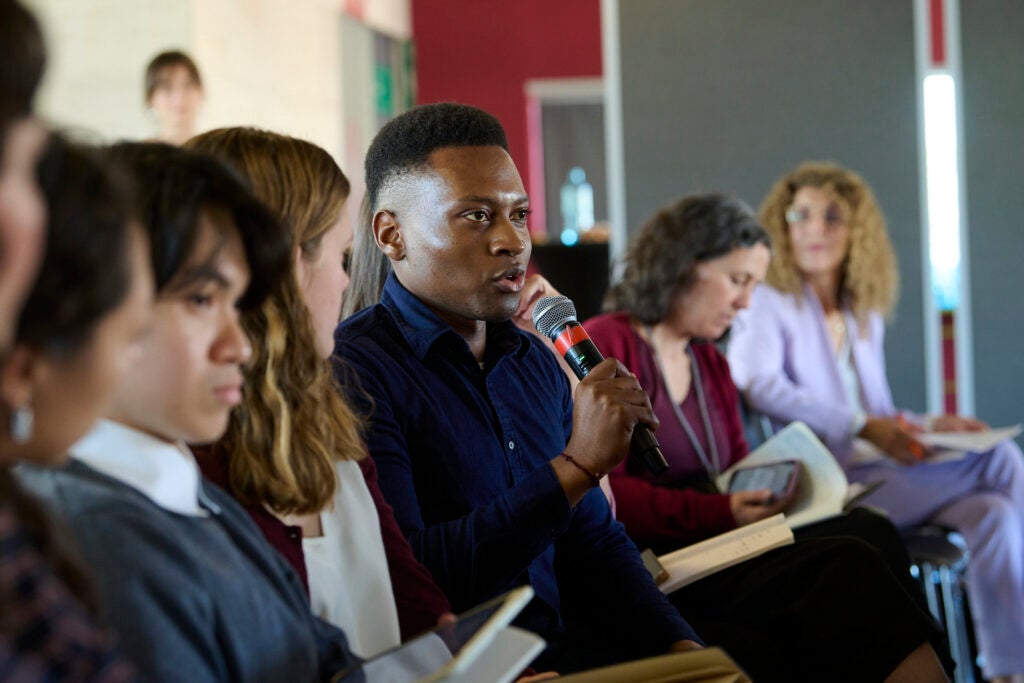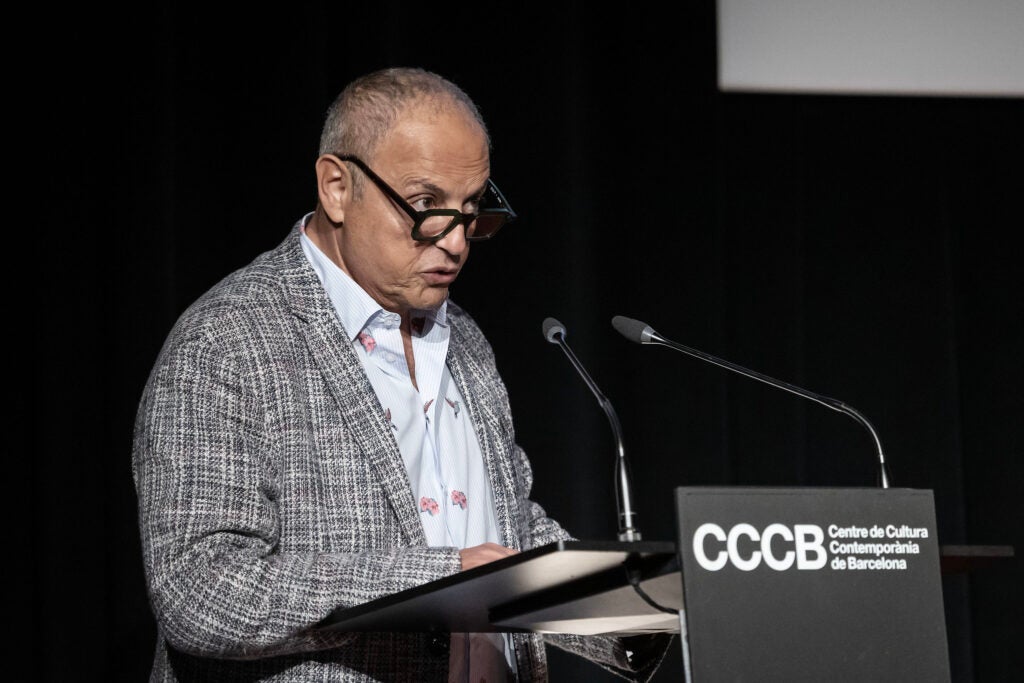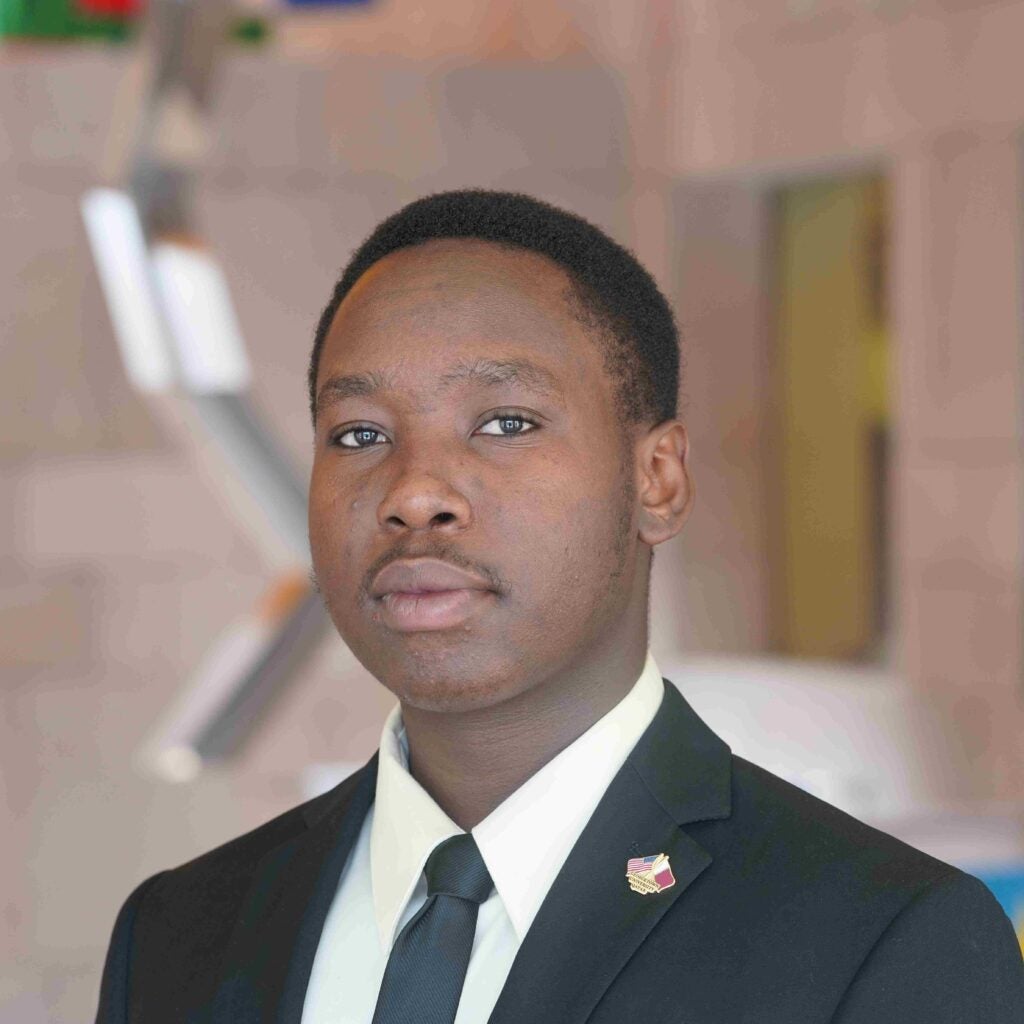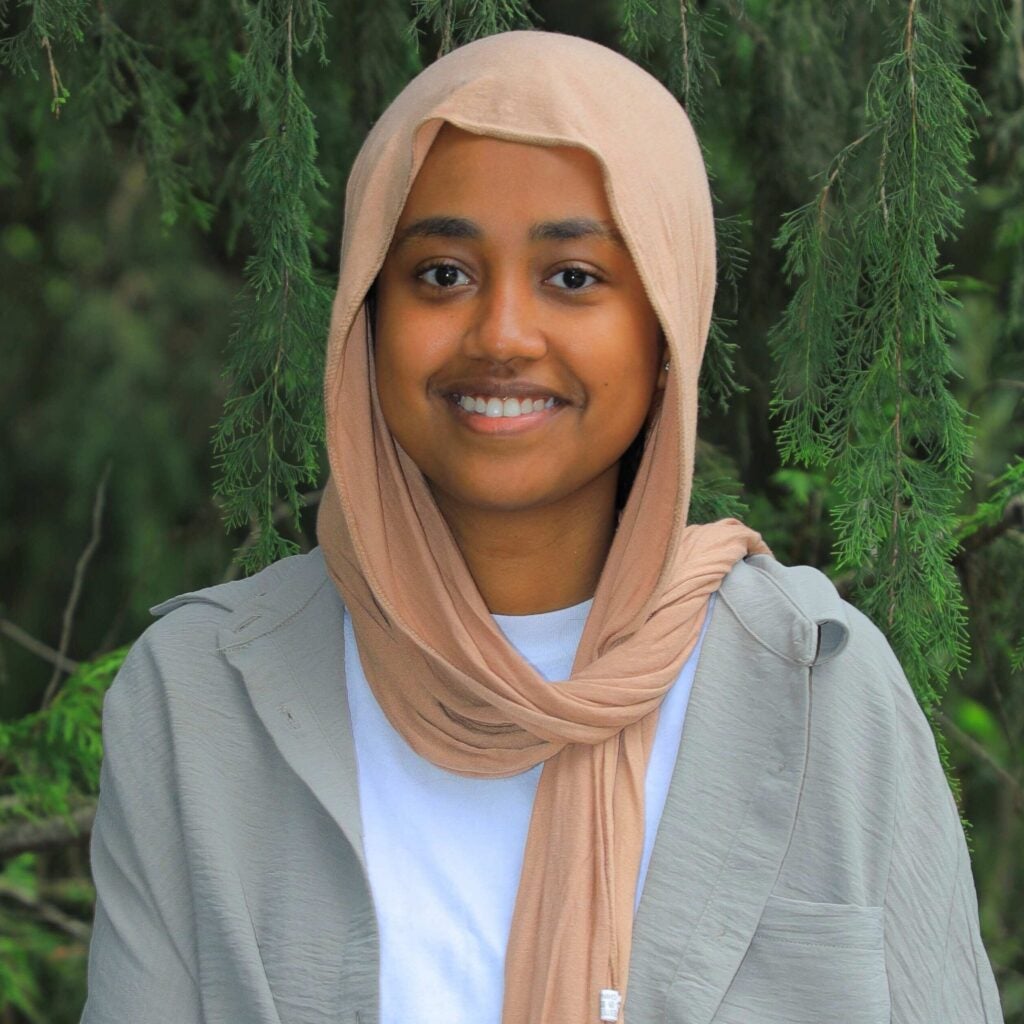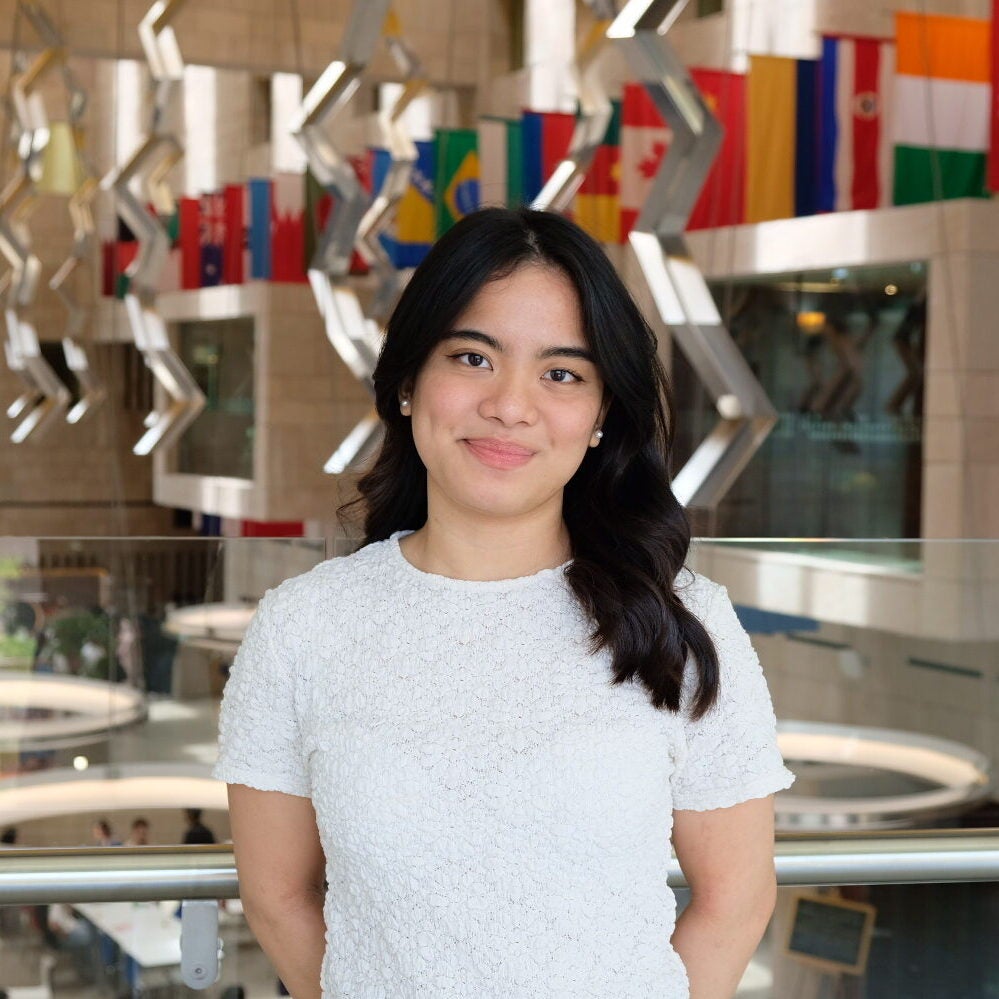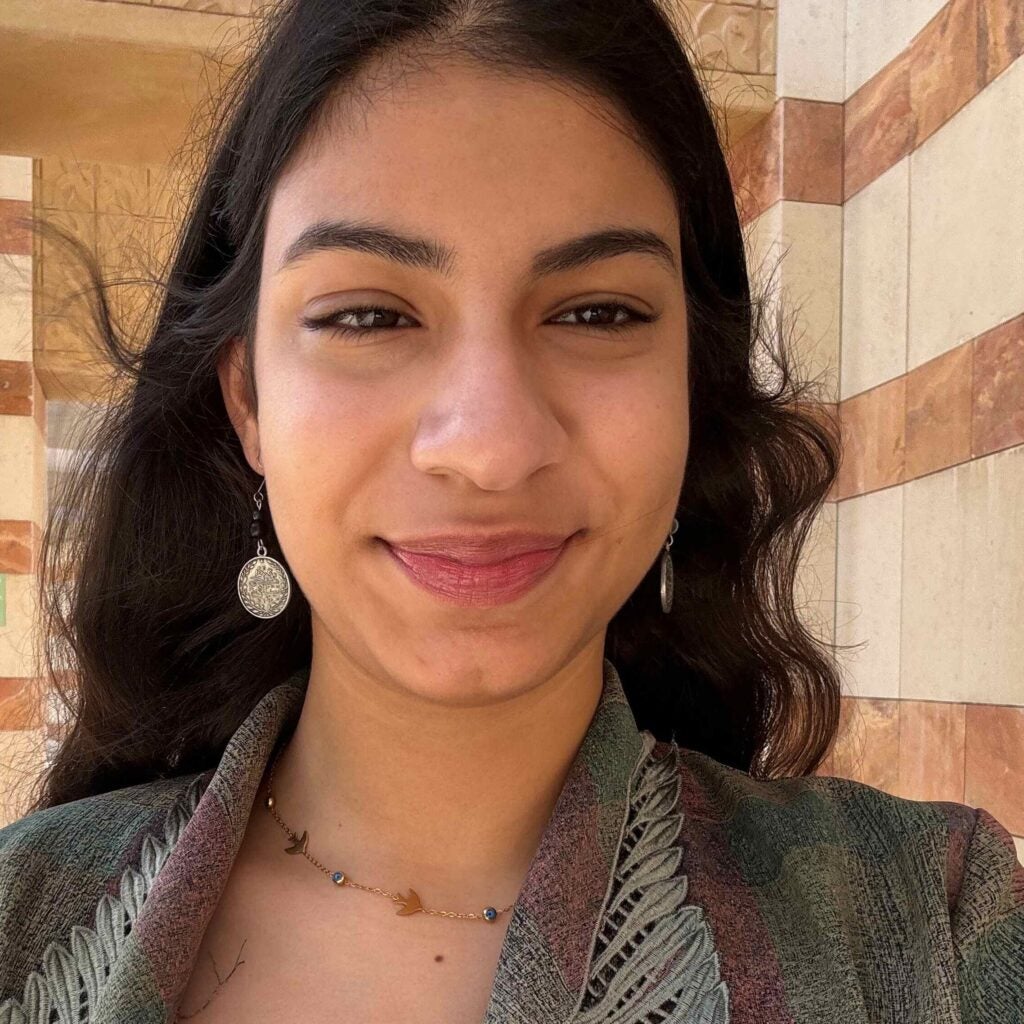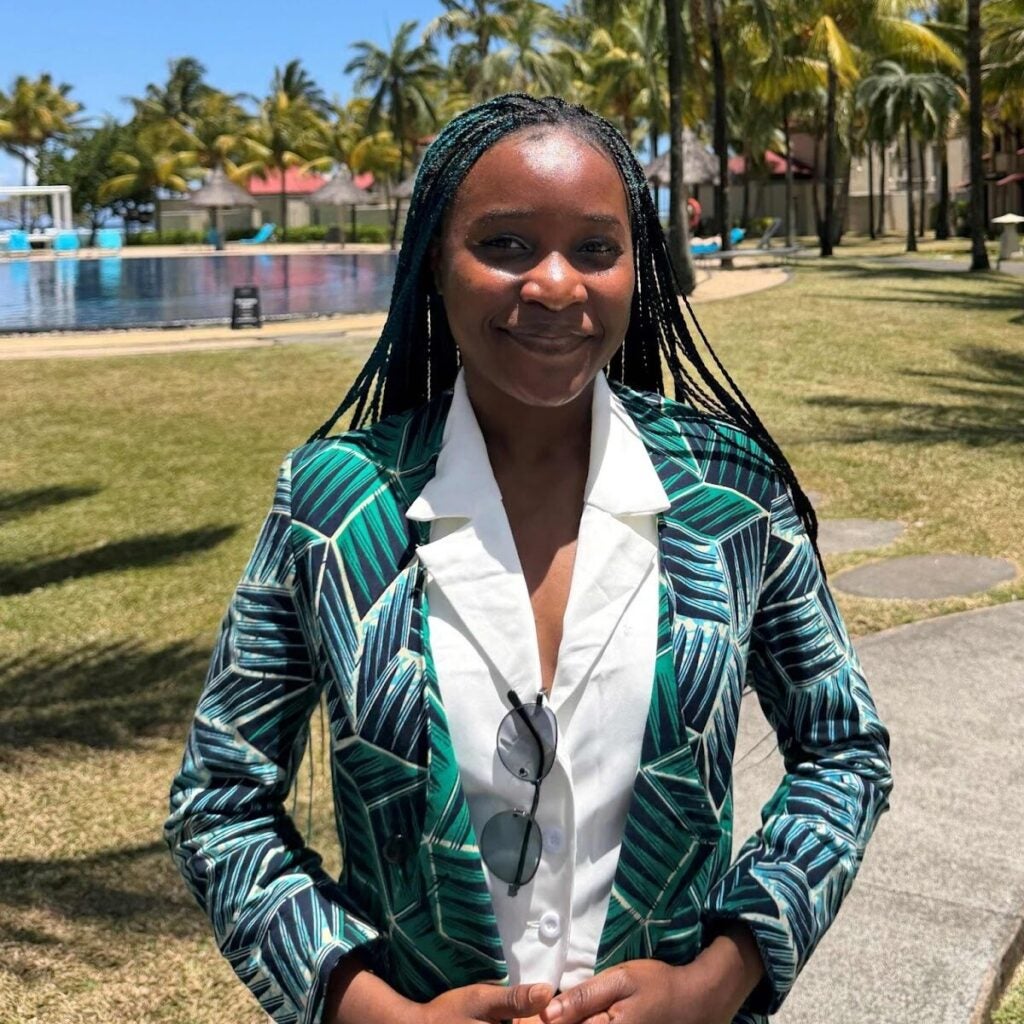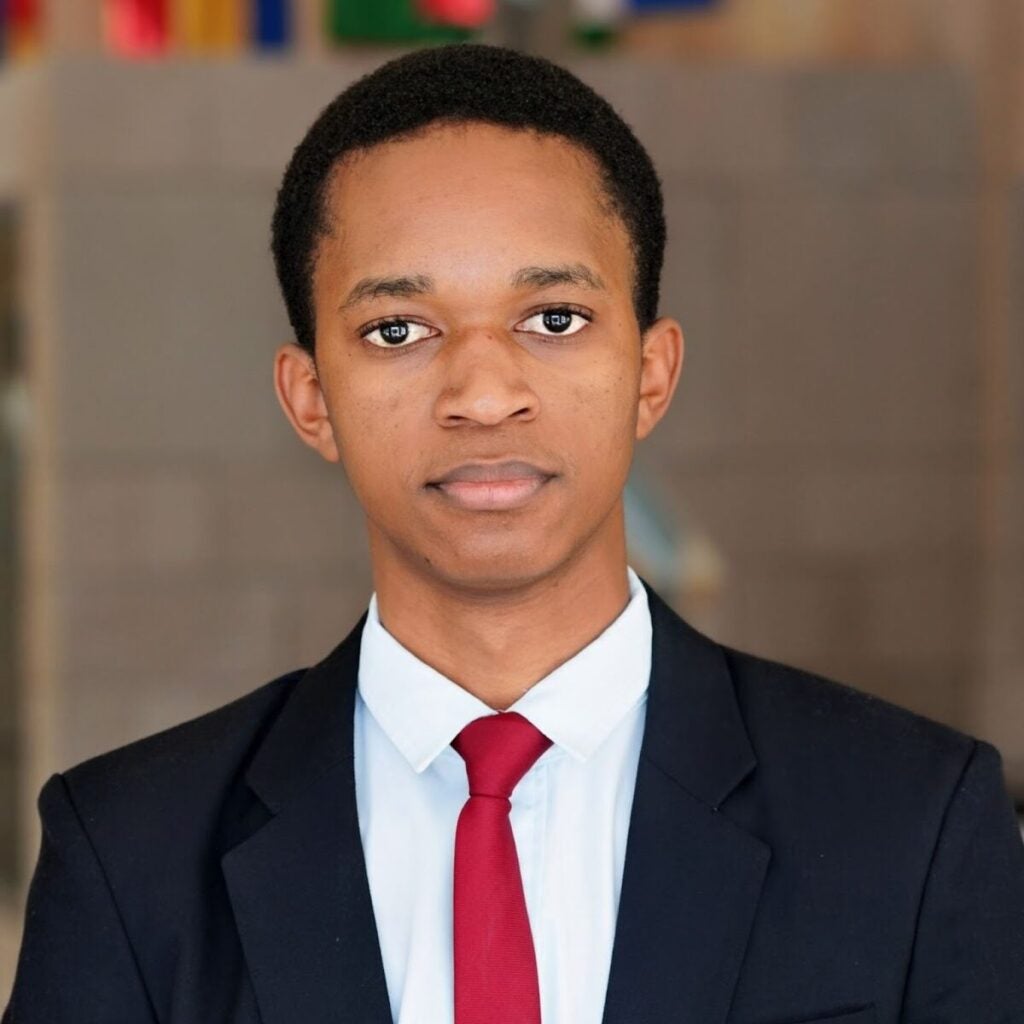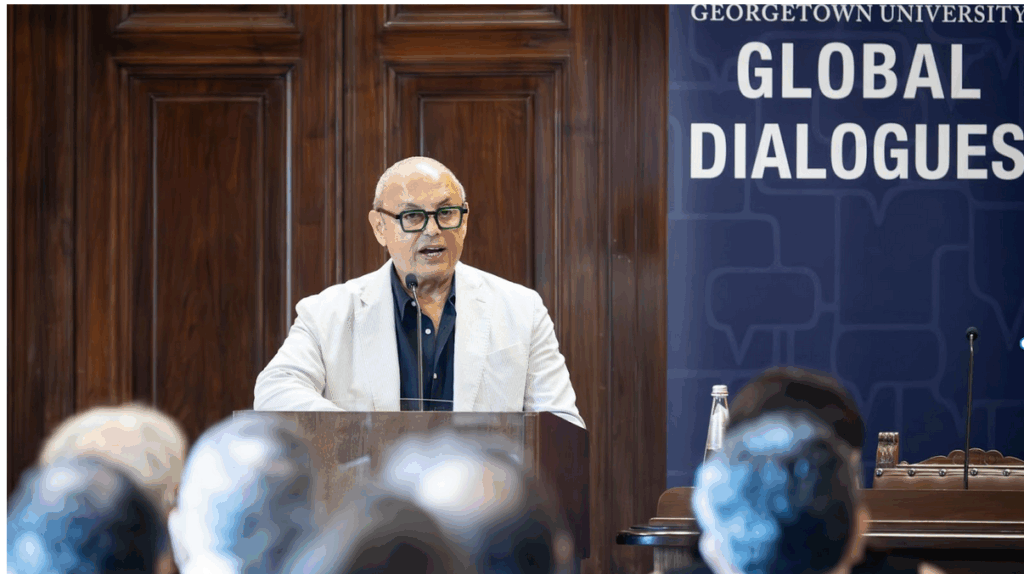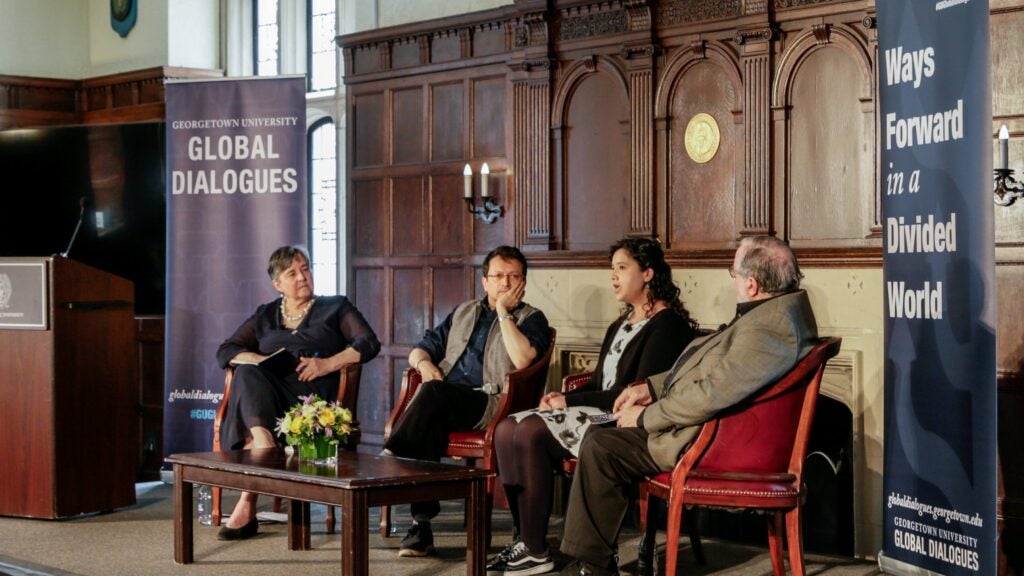Georgetown Global Dialogues
Ways Forward in a Divided World. Georgetown Global Dialogues.
At a time of war, political breakdown, widening inequality, and climate crisis we need a more inclusive, international conversation about ways forward in a divided world. On the premise that only by engaging perspectives from the Global South can we address critical contemporary challenges, Georgetown convenes top scholars and creatives with youth to advance a global vision of human equality.
“Human Frailty and Global Solidarity,” Barcelona, Spain
Upcoming Events
Georgetown Global Dialogues in Qatar
TBA, Spring 2026
Youth Voices: GU-Q Students in the Global Dialogue Forum
In short essays, Student GD Fellows responded to prompts by the writers and scholars participating in the Global Dialogues, highlighting what gives them hope and keeps them striving for a better world. The essays of Nafisa Sagdullaeva and Honore Mugiraneza were selected among three winners of the 2025 Georgetown Global Dialogues student essay contest.
On Fraternity and Solidarity
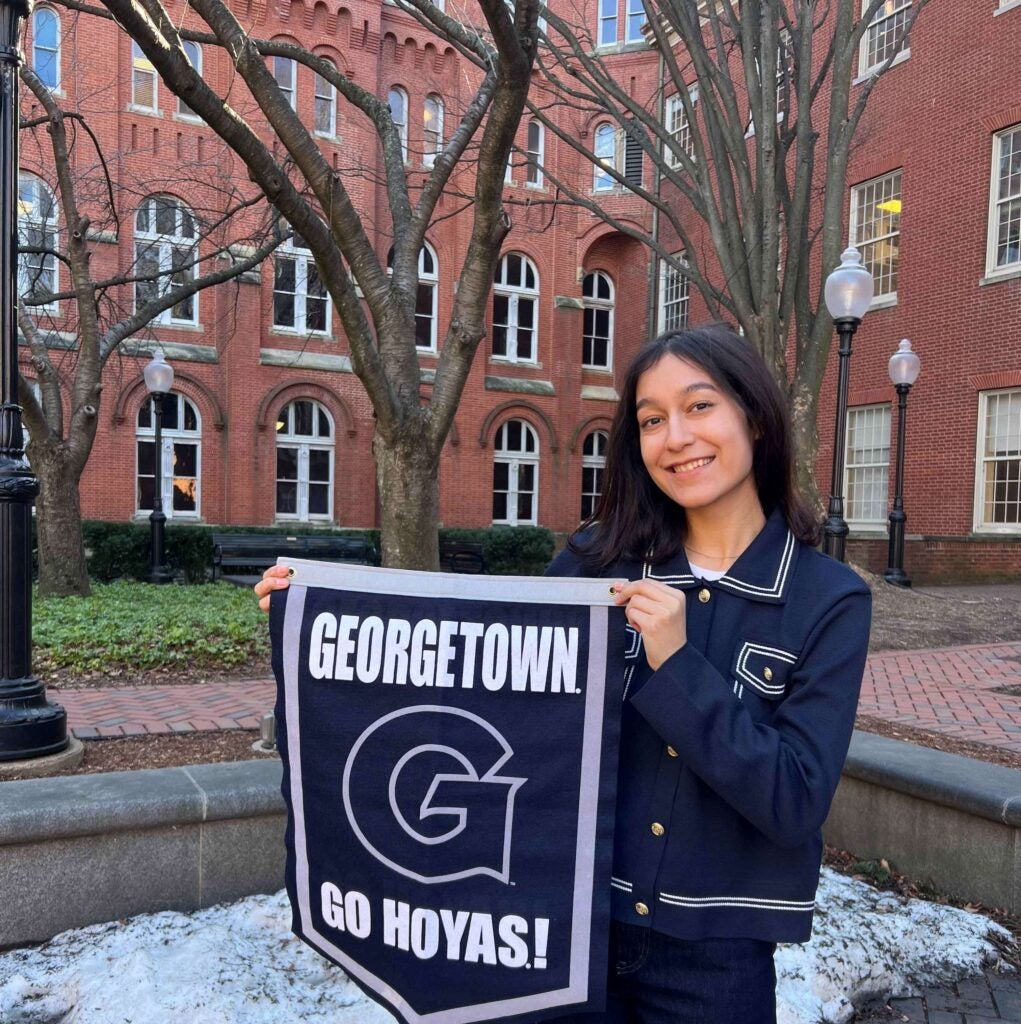
The Strength We Refuse
“Fraternity should be understood as necessity, not luxury. Cruelty breaks communities apart. Love binds them back together. It creates trust across lines of race, religion, and nation. It offers movements legitimacy… Even online spaces, often used to divide, can be reclaimed as digital commons where solidarity grows rather than erodes.”
On Confronting Powerlessness
Building Communities That Insist on Hope
On Calling out Cruelty
Past Forums
About The Dialogues
The Georgetown Global Dialogues (GGD) are a multiyear conversation which began in Washington, DC (April 2024), continued in Rome (June 2025) and Barcelona (November 2025), and will next convene in Qatar (Spring 2026). We invite you to learn more about GGD events to date, the seven GGD fellows, and the ideas being explored in the GGD Forum.
GGD seeks to advance four interrelated goals:
